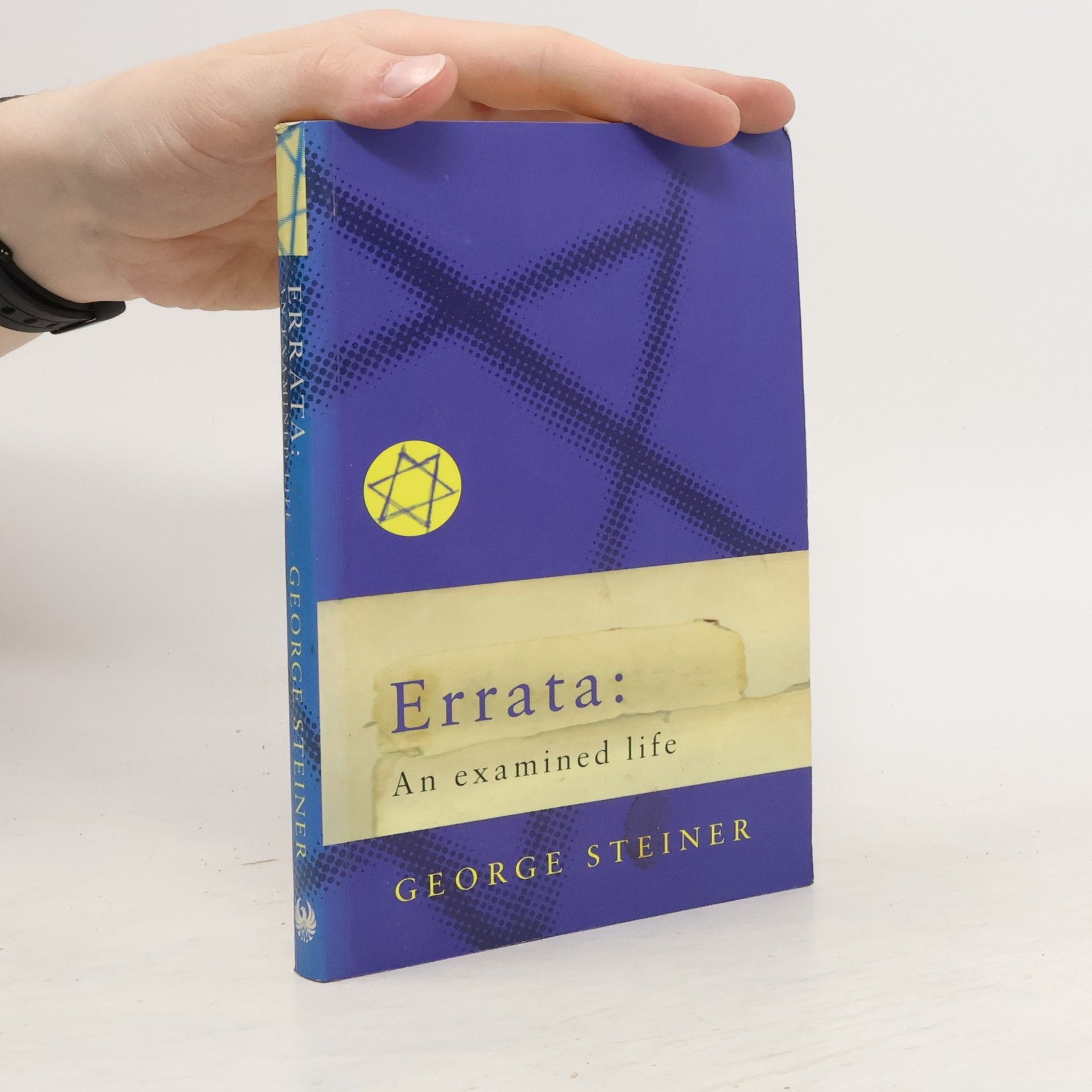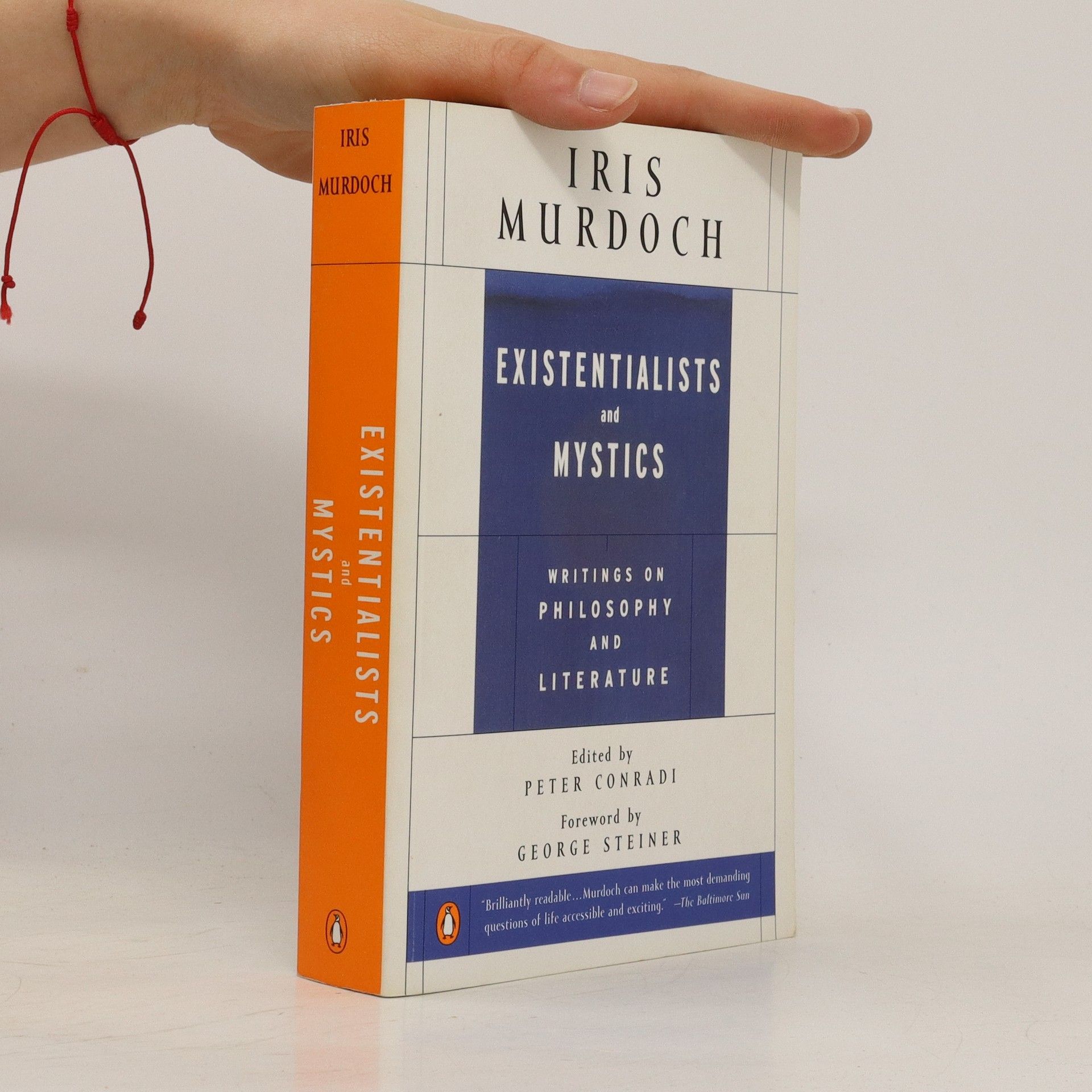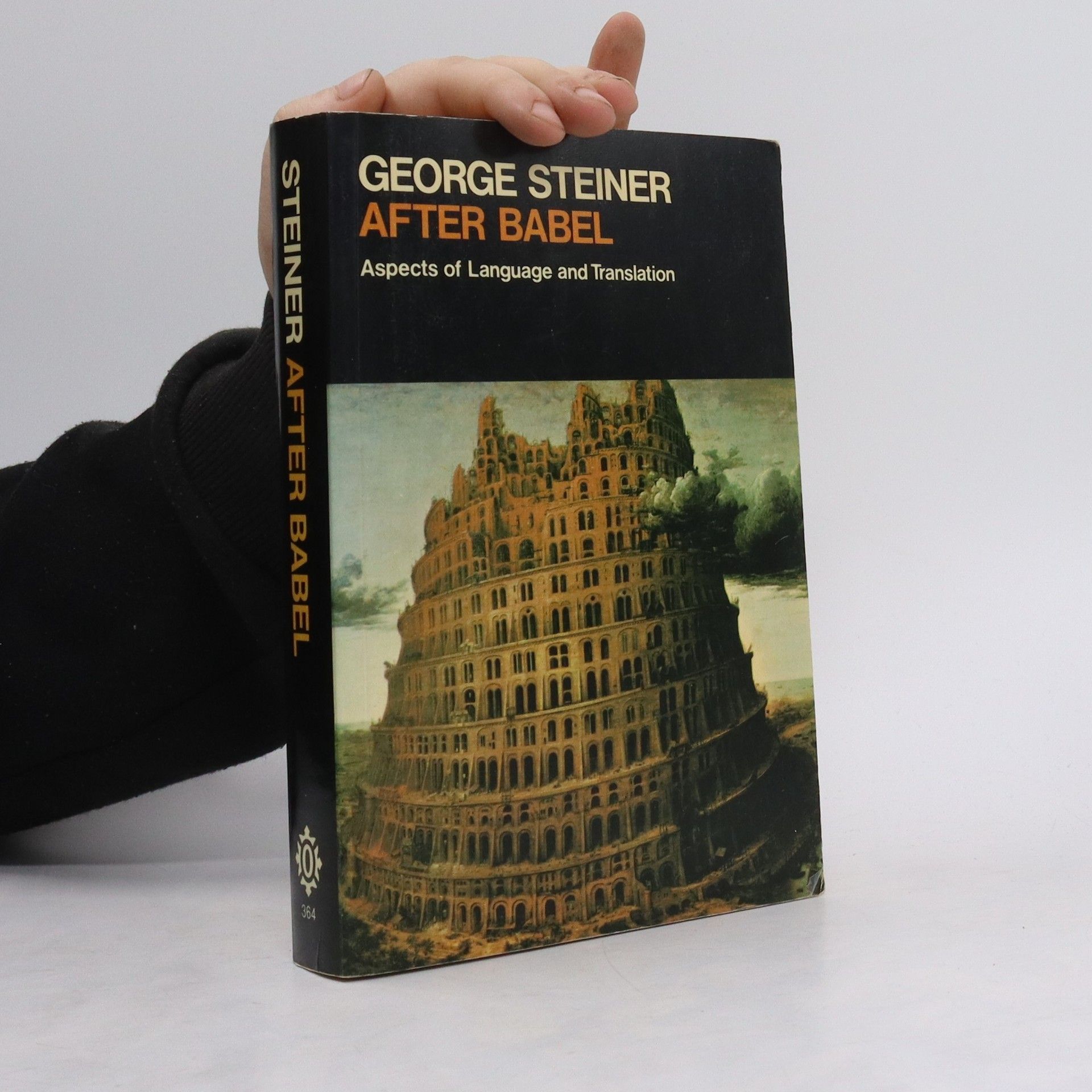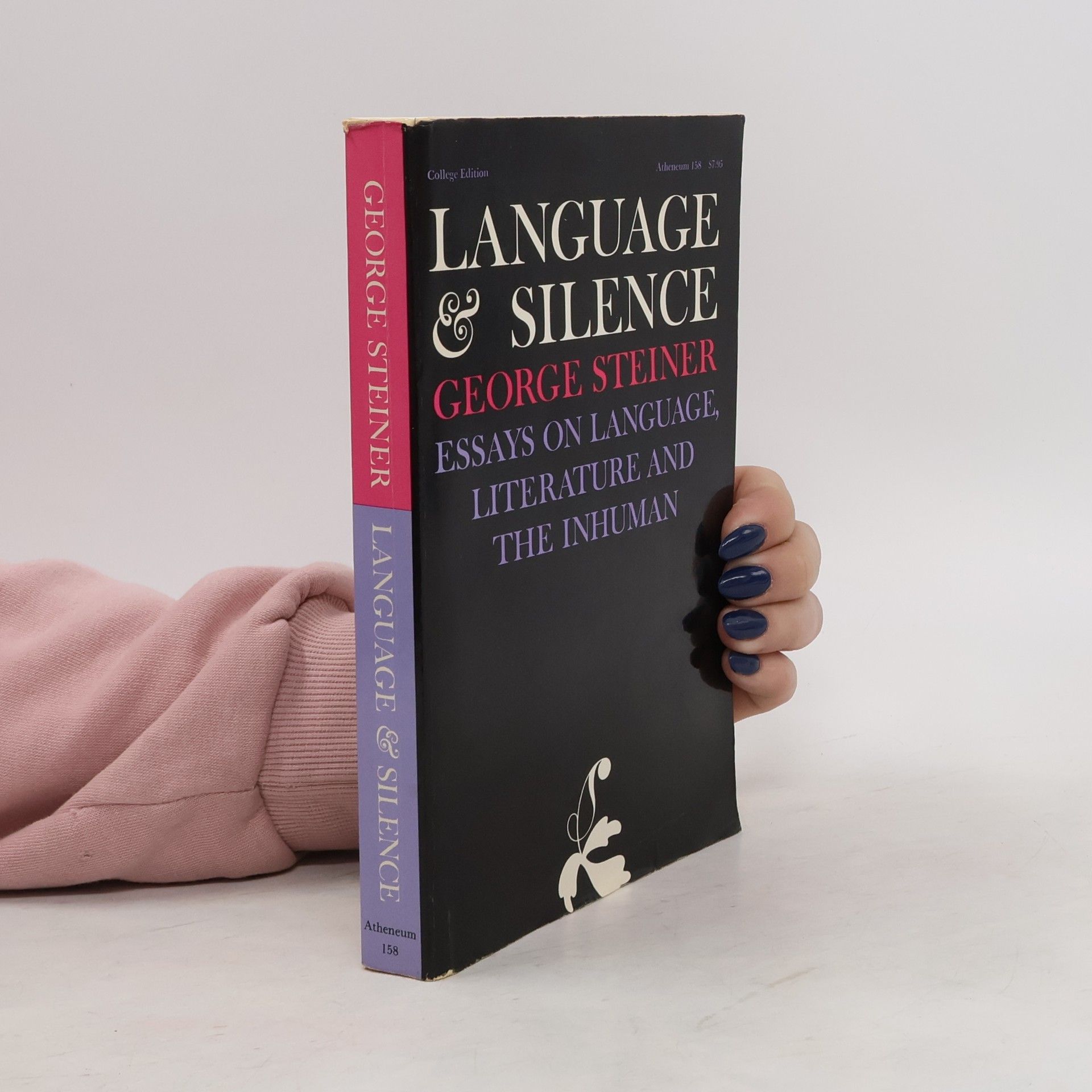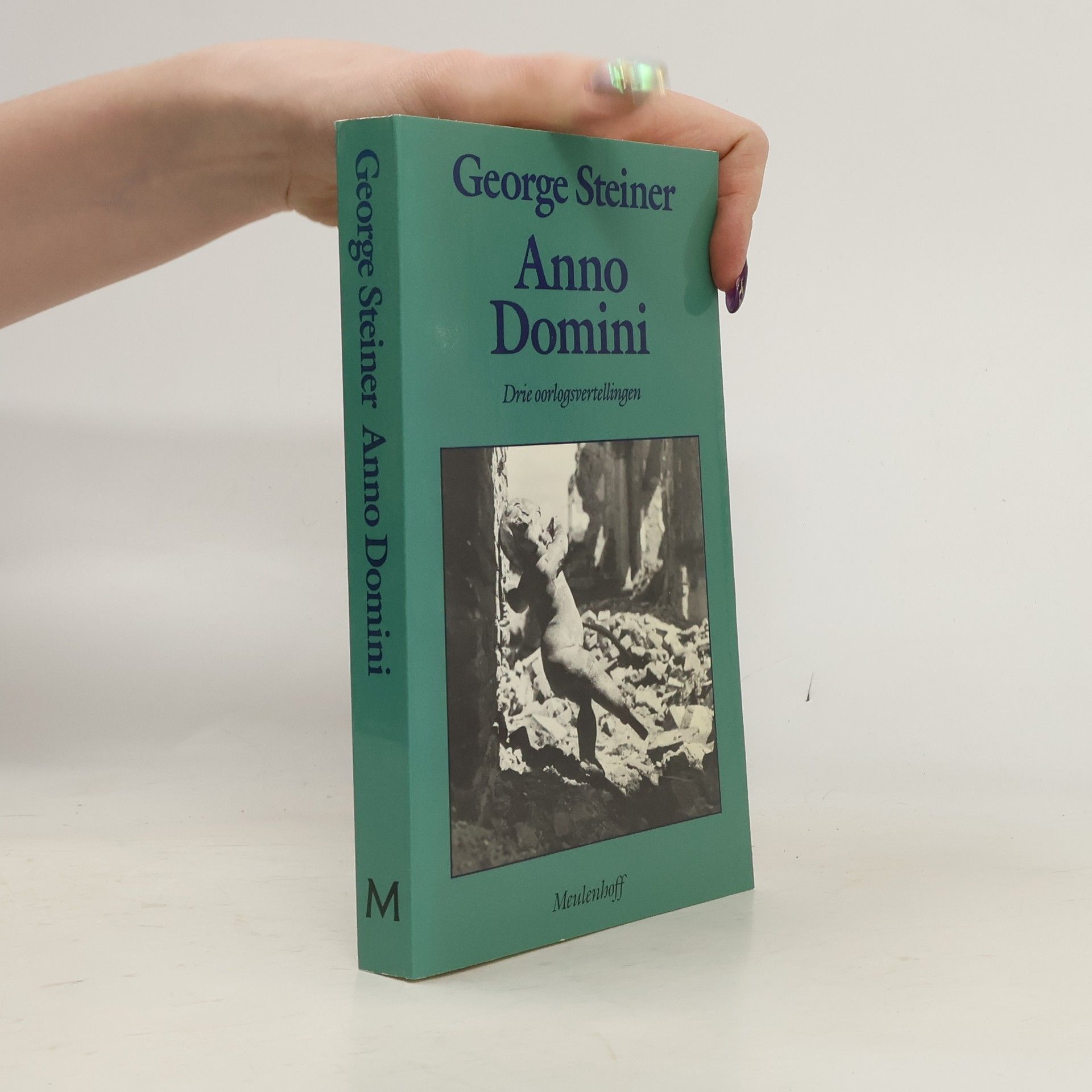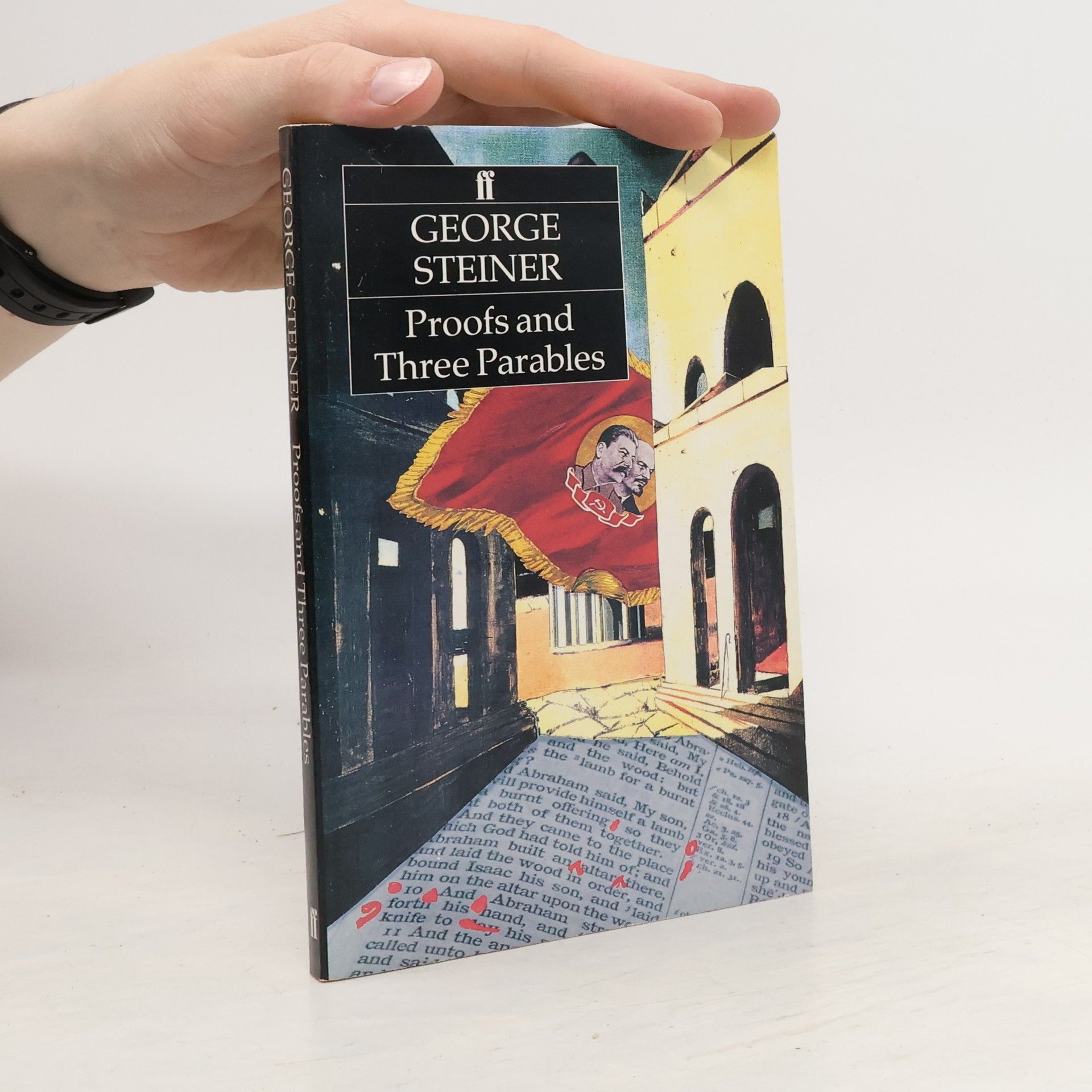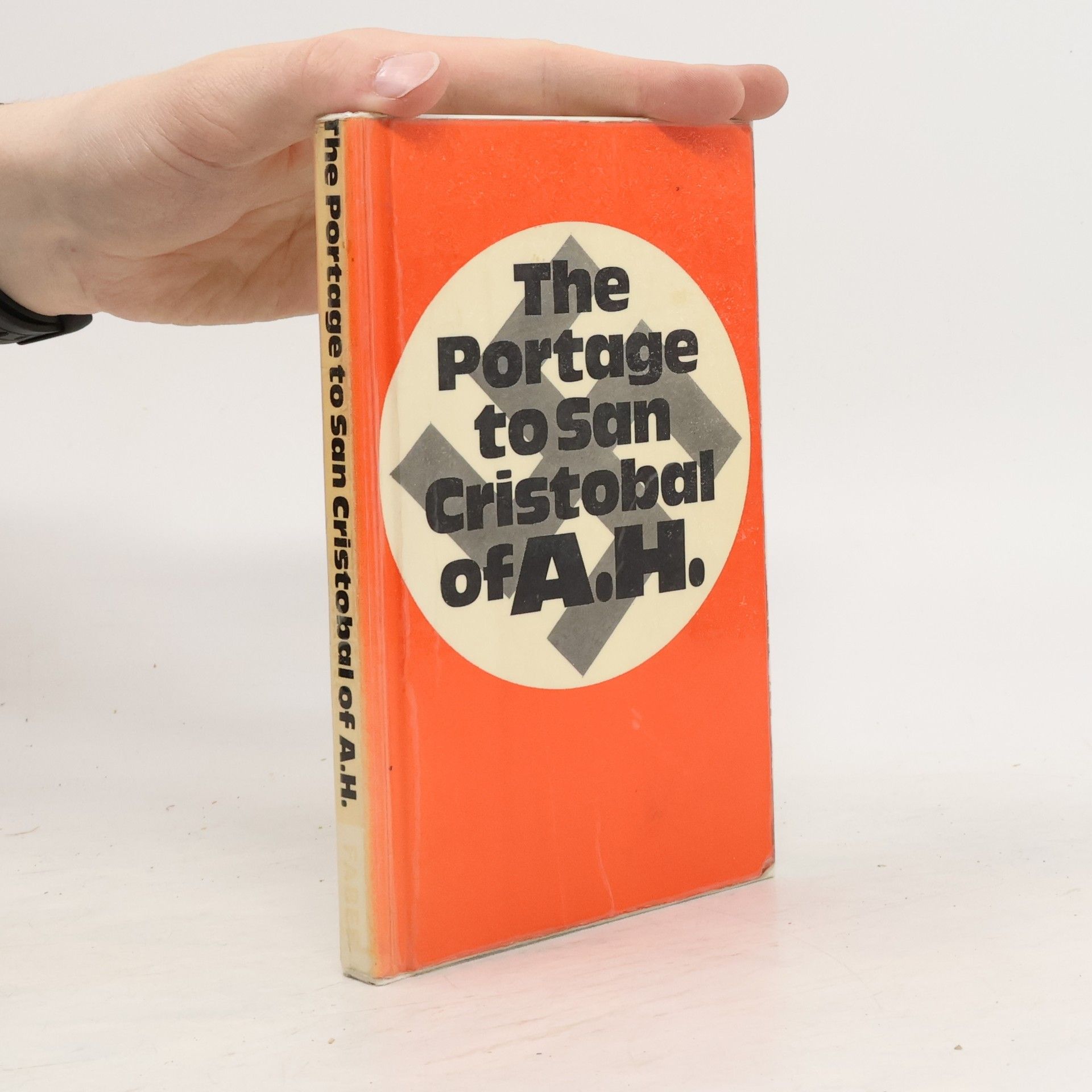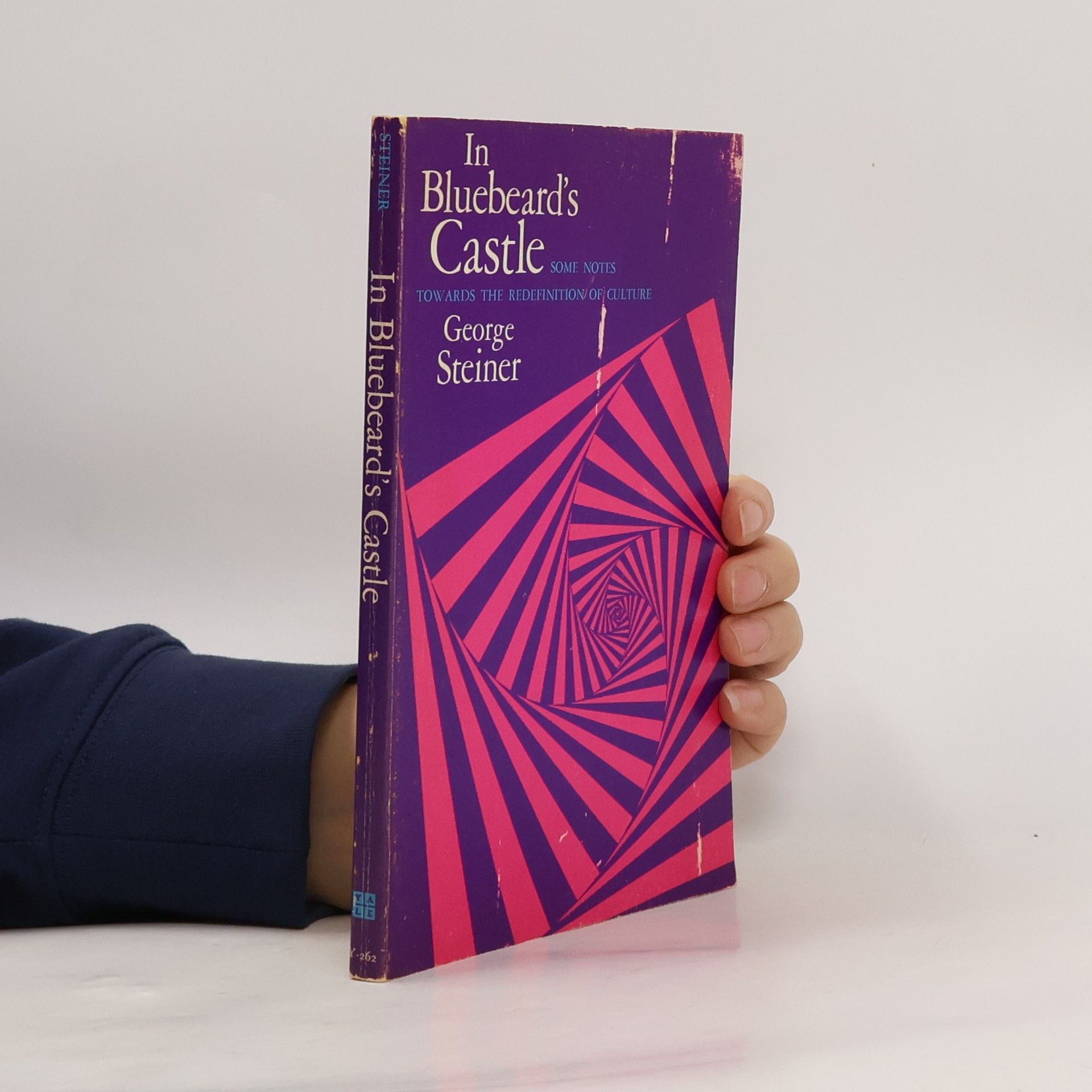Anno Domini
- 211bladzijden
- 8 uur lezen
Drie novellen, over mannen, wier problemen blijken te wortelen in de Tweede Wereldoorlog. In het eerste verhaal bezoekt een Duitse officier enkele jaren na de oorlog het Franse dorpje, waar hij ingekwartierd lag: te vroeg, zoals blijkt. In het tweede verhaal zoekt een Amerikaan de psychiatrische inrichting op, waar hij als lid van de résistance was ondergedoken: alom onbegrip. In het derde komt een groep Engelse veteranen tot het besef, als levende doden tot verder leven veroordeeld te zijn in een niet meer begrijpende maatschappij. Heel goed vertaald. Grandioze stijl. Steiner werd in Nederland vooral bekend door zijn optreden voor de VPRO-televisie in 'Nauwgezet en wanhopig'.

